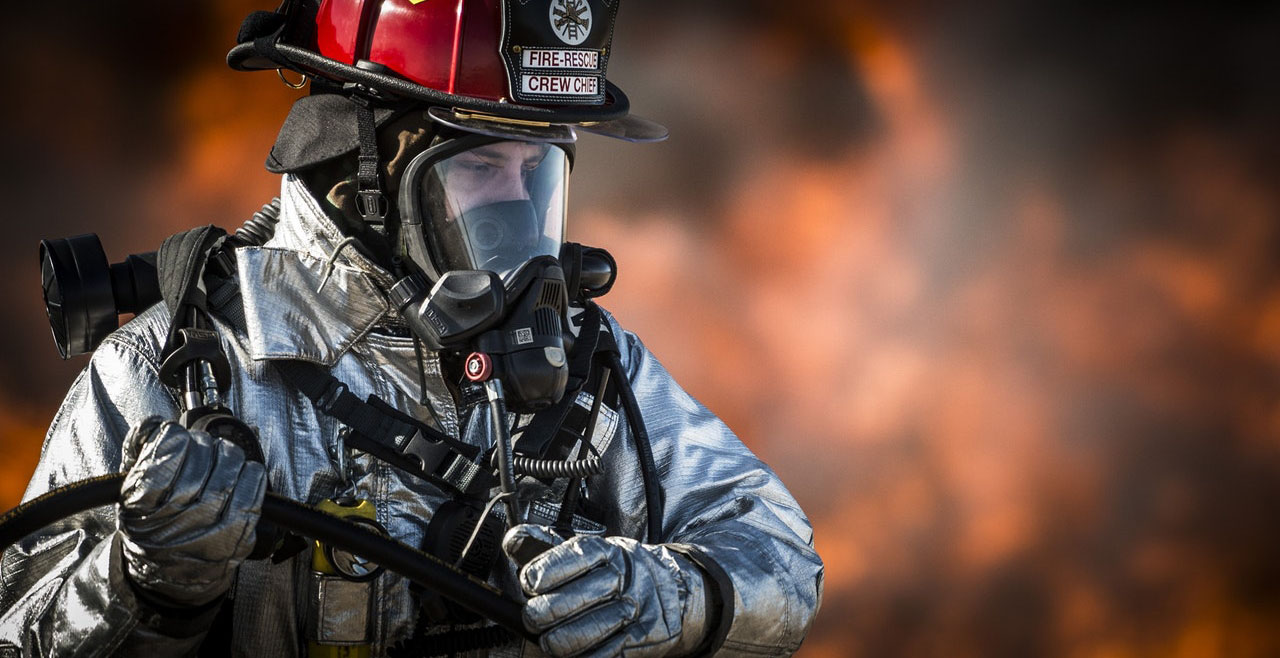Atty Hykel Wins Workers Comp/111F Benefits For Fire Fighter Who Returned to Work After Serious Injury
A neutral arbitrator agreed that a police officer or firefighter cannot be punished for returning to work following a serious injury, such as by denying basic injured-on-duty (IOD) benefits if the injury later forces the employee to seek medical care or leave at a later date. Attorneys James Hykel and Leah Barrault represented the Fall River Fire Fighters Local 1314, IAFFin the successful grievance/arbitration process that obtained injured on duty benefits, also known as 111F, for a fire fighter struggling with lasting effects of a work-related head injury.
Simply stated, a fire fighter or police officer cleared to return to work after a work-related injury is not disqualified from claims for wages or medical benefits on the same injury in the future, such as if the injury is not fully healed or if it recurs.
The fire fighter fell down an eight-foot pit in 2012, while checking for a gas leak. He suffered a serious head injury that forced him out of work. At the time, the City correctly paid for his medical treatment and lost wages, as required by 111F. The fire fighter was sufficiently rehabilitated and healed after nine months to be cleared to return to work. Unfortunately, symptoms of his injury remained, as he continued to experience unsteady gait, lightheadedness, near fainting, nausea, vomiting, severe dizziness, and difficulty sleeping.
Then, after about 18 months back on the job, the fire fighter experienced every fire fighter's nightmare: he nearly fainted in responding to a structure fire. Sensing that he would only endanger himself and his co-workers if he continued to work in his condition, the fire fighter went on sick leave, and sought continued medical treatment. Several neurologists agreed that his condition stemmed from the 2012 injury. Even the City agreed that the fire fighter suffered from post-concussive syndrome and was unfit to work.
Yet, in a posture worthy of Ebenezer Scrooge, the City refused to regard his continuing unfitness as related to his 2012 injury. The City refused the medical benefits and compensation associated with 111F.
The City put forth three frivolous arguments in support of its position - all rejected handily by one of Massachusetts' most experienced arbitrators.
First, the City claimed that Local 1314's demand for arbitration was untimely. The Arbitrator instead agreed that the Union provided an extension for the City to respond to the grievance. She specifically found the testimony of Union President Jason Burns as credible on this point. The City offered no one to rebut his testimony. She agreed that the City's failure to produce a witness effectively meant Burns, unsurprisingly, told the truth.
Second, the Arbitrator resoundingly rejected the City's argument that once a firefighter is medically cleared to return to work he is disqualified from subsequent claims based on the same injury. Had the City prevailed, a disabled fire fighter would be left to find for his own medical care and wages because of a sacrifice he made for his employer. Plus, the City would have discouraged injured public safety employees from returning to work unless 100 percent certain that they were fully healed. The Arbitration decision encourages injured employees to return to work as soon as possible, without fearing that they may end up injured and alienated.
Third, the Arbitrator agreed that the fire fighter was not required to submit a new injured on duty report after he left work the second time, because he already reported the underlying injury.
She ordered the City to make the firefighter whole for the improper denial of 111F/IOD benefits. Although the City lost every single argument, it did succeed in draining monies from the City and the Union that could have been better spent providing for injured members.
The Arbitrator's decision is not technically binding on any other employer in Massachusetts. Nonetheless public safety unions should regard it as persuasive decision to bring forward to fight for benefits for injured members.


